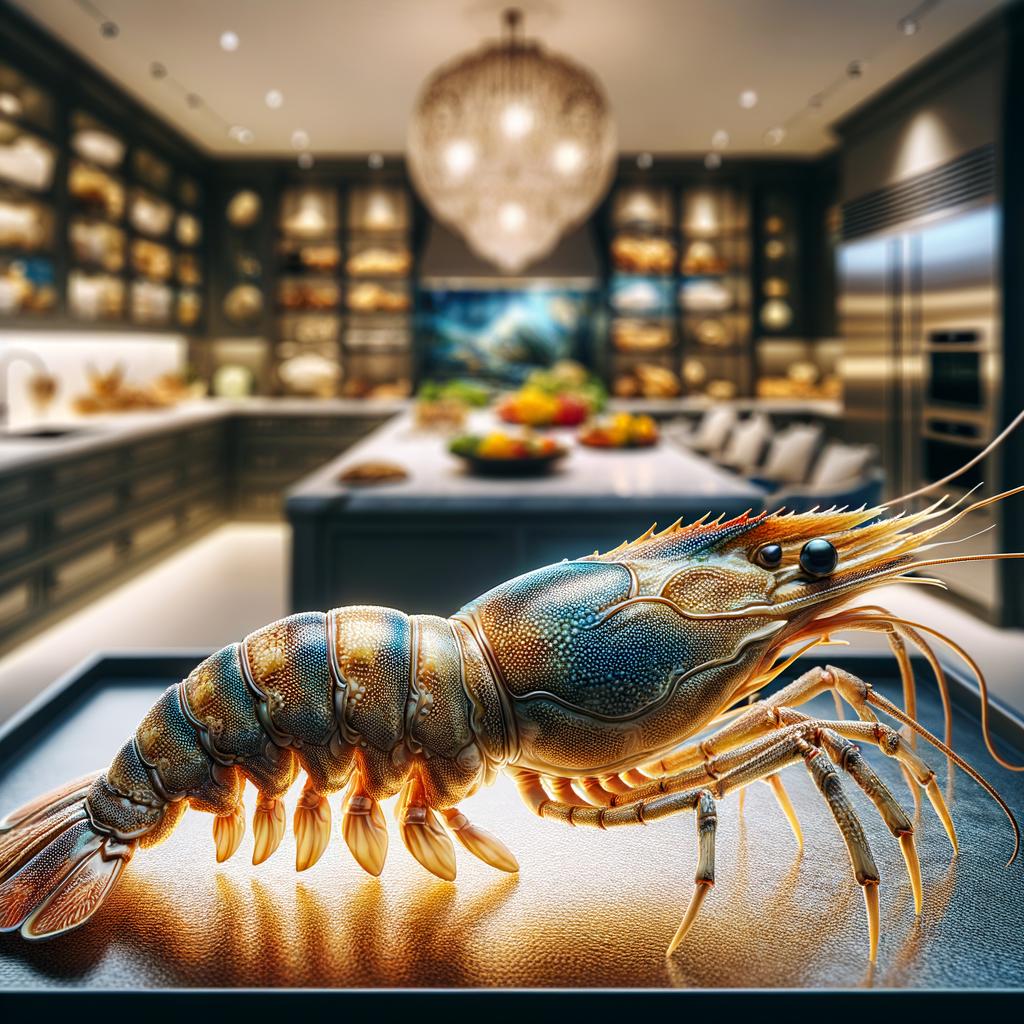Large Shrimp

Description
Let me introduce you to the majestic large shrimp, a gem of the ocean and a delight to the palate. These beautiful creatures boast a vibrant pink hue when cooked, their curved bodies glistening enticingly. Raw, they possess a translucent greyish-blue color, promising the pink transformation to come. The texture of large shrimp is firm yet tender, a delicate balance that gives a satisfying bite. Their flavor profile is subtly sweet with a hint of the sea, a delicate taste that can be easily enhanced with spices and seasonings. What sets large shrimp apart from their smaller counterparts is their succulent meatiness, providing a more substantial bite and a richer taste.
Primary Uses
Large shrimp are versatile stars in the culinary world. They can be grilled, sautéed, baked, or fried, and are commonly used in a variety of cuisines, from the spicy shrimp Creole dishes of Louisiana to the aromatic Tom Yum soup of Thailand. Large shrimp are often the key component in paella, a classic Spanish dish, and in the Italian pasta dish, shrimp scampi. Beyond the culinary world, large shrimp have cultural significance in many coastal communities, where shrimp fishing is a traditional livelihood.
History
The history of shrimp as a food source dates back centuries, with evidence of shrimp consumption found in ancient cultures around the world. The Romans, for instance, were known to enjoy shrimp, often serving them at lavish banquets. In the Middle Ages, shrimp were a staple in monastic diets. The popularity of shrimp has only grown over time, with the advent of modern shrimp farming in the 20th century making this seafood delicacy more accessible than ever. There's a romantic notion to the idea of shrimp fishermen setting out at dawn, casting their nets in the hopes of a bountiful catch.
Nutritional Information
Large shrimp are a nutritional powerhouse. They are low in calories yet high in protein, making them an excellent choice for those seeking a lean source of protein. They are also rich in key nutrients like iodine, selenium, and vitamin B12. While they do have a higher cholesterol content compared to other seafood, research suggests that the type of cholesterol in shrimp could actually improve the ratio of 'good' to 'bad' cholesterol in the body. Compared to other protein sources like red meat, large shrimp offer a lower-fat, lower-calorie option with a wealth of beneficial nutrients.

